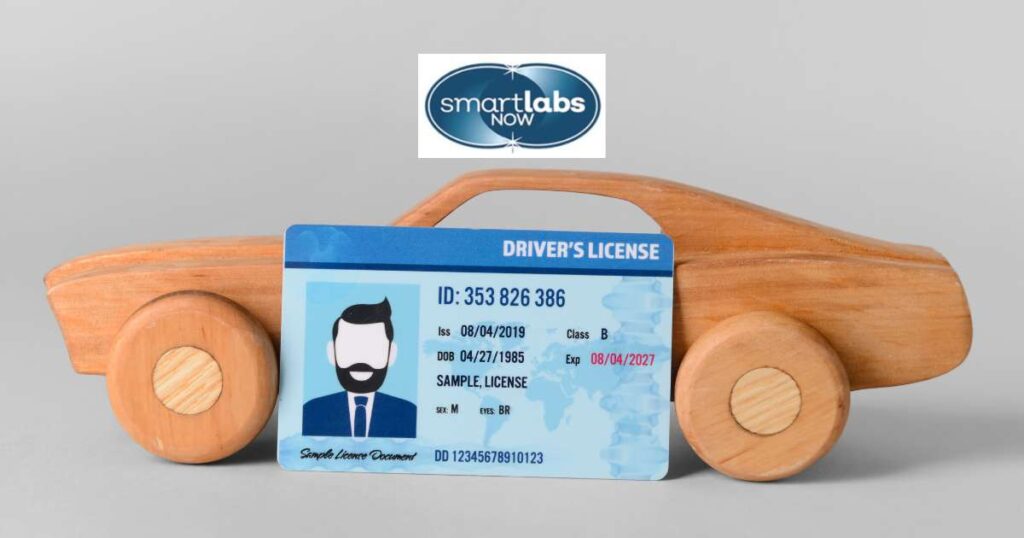
Commercial Driver’s License (CDL) holders play a critical role in ensuring the safe and efficient movement of goods and passengers. As such, CDL drivers must adhere to stringent regulations, especially regarding drug and alcohol use.
Failing a Department of Transportation (DOT) drug test can have severe consequences for your CDL – including license suspension/potential termination – and your career.
This article explains the DOT drug test, its regulations, and what happens if you fail it.

The DOT drug test is designed to ensure public safety by identifying CDL drivers who might be under the influence of prohibited substances while performing safety-sensitive functions. These tests adhere to strict DOT regulations and include the following:

CDL drivers can fail a DOT drug test by:
Failing a DOT drug test violates DOT regulations and triggers a series of consequences under the Drug and Alcohol Program Violation framework.
Compliance is mandatory for those involved in safety-sensitive functions such as operating commercial motor vehicles (CMVs). The split-specimen process ensures accuracy by allowing drivers to request a retest if they believe the initial result is incorrect.

The Federal Motor Carrier Safety Administration (FMCSA) oversees drug and alcohol testing for CDL drivers, with strict rules aimed at maintaining roadway safety. These regulations include:
This database records all violations, including failed tests and refusals.
Ensures that a driver’s record is accessible across states.
Drivers who fail a test are immediately prohibited from operating CMVs.
Mandate testing under specific conditions, such as fatalities or citations issued to the driver.

Despite marijuana legalization in some states, such as Oregon, it remains a federally prohibited substance. According to the American Transportation Research Institute, marijuana test failures are one of the most common reasons drivers appear in the Clearinghouse. CDL holders must comply with federal laws, regardless of state laws.
Drivers who fail a test must complete the return-to-work process, which includes meeting RTD requirements and clearing evaluations by a DOT-qualified Substance Abuse Professional (SAP).

Failing a DOT drug test has serious implications, including:
Drivers must also adhere to a follow-up testing plan, which typically includes multiple unannounced tests over a specified period.

Returning to duty after failing a DOT drug test requires completing the following steps:
Employers often use a DOT Consortium or Third-Party Administrator to manage compliance. The FMCSA Clearinghouse ensures that all steps are documented.

Although rare, false positives can occur and have significant consequences for CDL drivers. Contributing factors include:
Some medications can trigger a positive result. Drivers should inform the testing center about any prescriptions.
Certain health issues, like diabetes, may affect test results.
While gaining popularity, this method is still subject to potential inaccuracies.
Errors in sample collection or handling can lead to false positives.
Drivers can request a retest using the split-specimen process to address a suspected false positive. Maintaining accurate medical records and engaging in prescreening can help avoid these issues.

Smart Labs Now is proud to offer reliable and DOT-compliant CDL drug screenings across Portland and other Oregon locations. Our services include:
Book your DOT-compliant test with Smart Now today to ensure full compliance and protect your career 👍.
DISCLAIMER:
Please consult your primary care physician before engaging with any pharmaceutical, natural substances, or activity regimens mentioned or prescribed in this post. Smart Labs Now is not responsible for health or life outcomes based on the information or recommendations provided. This account does not serve as a substitute for professional medical advice/help.